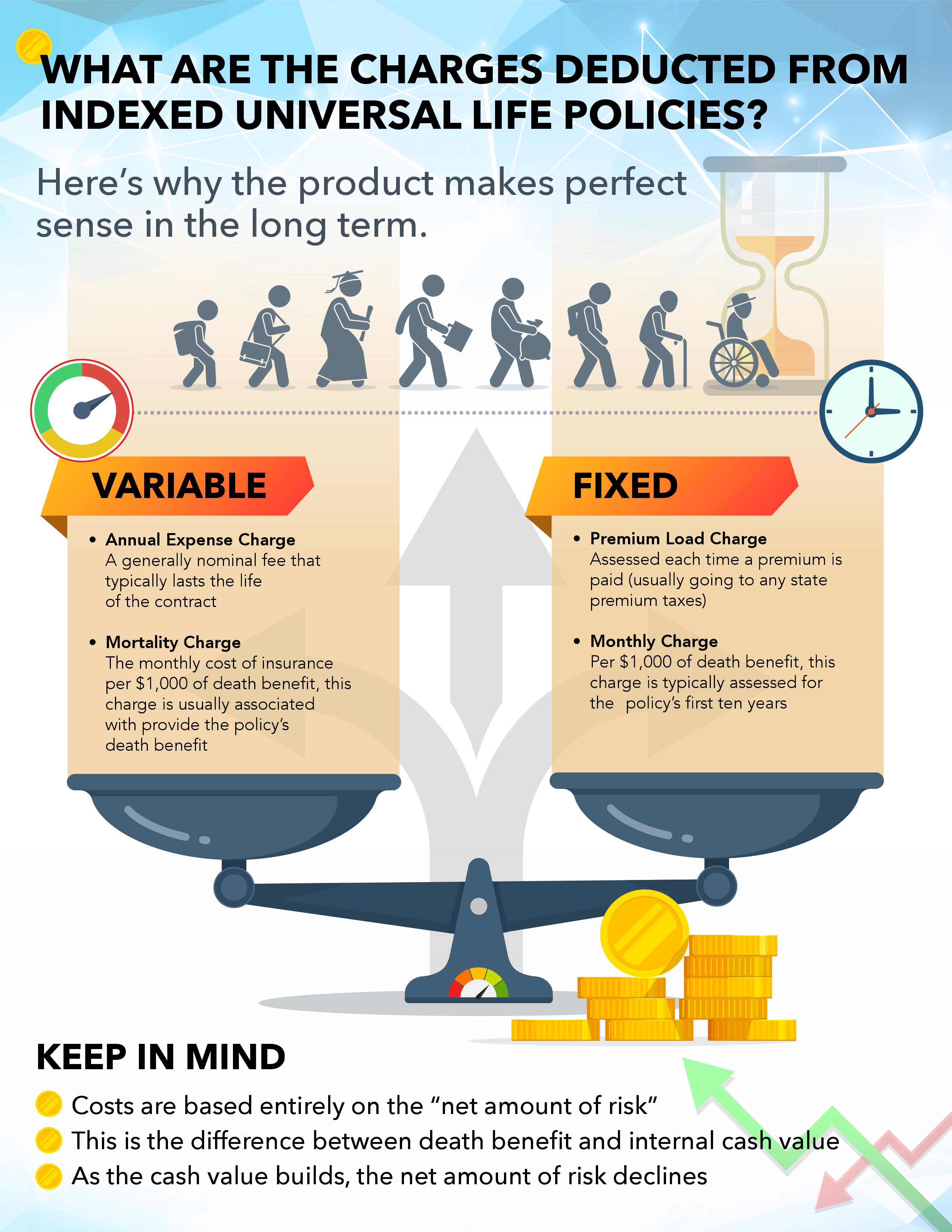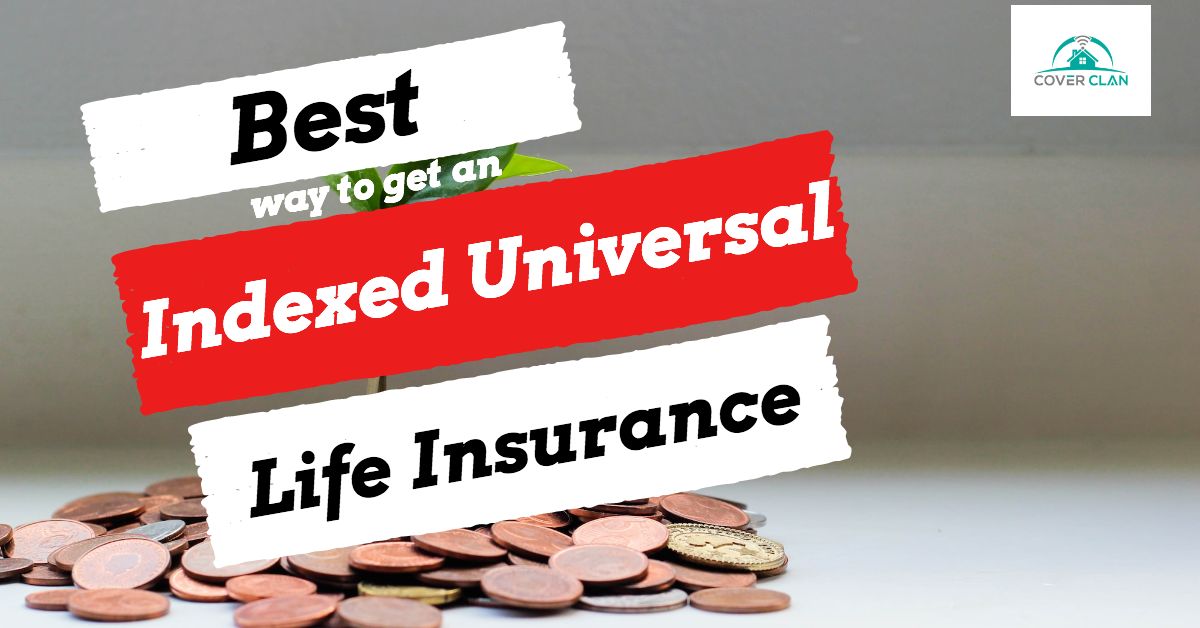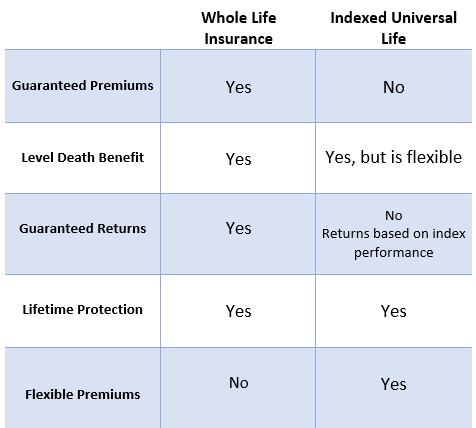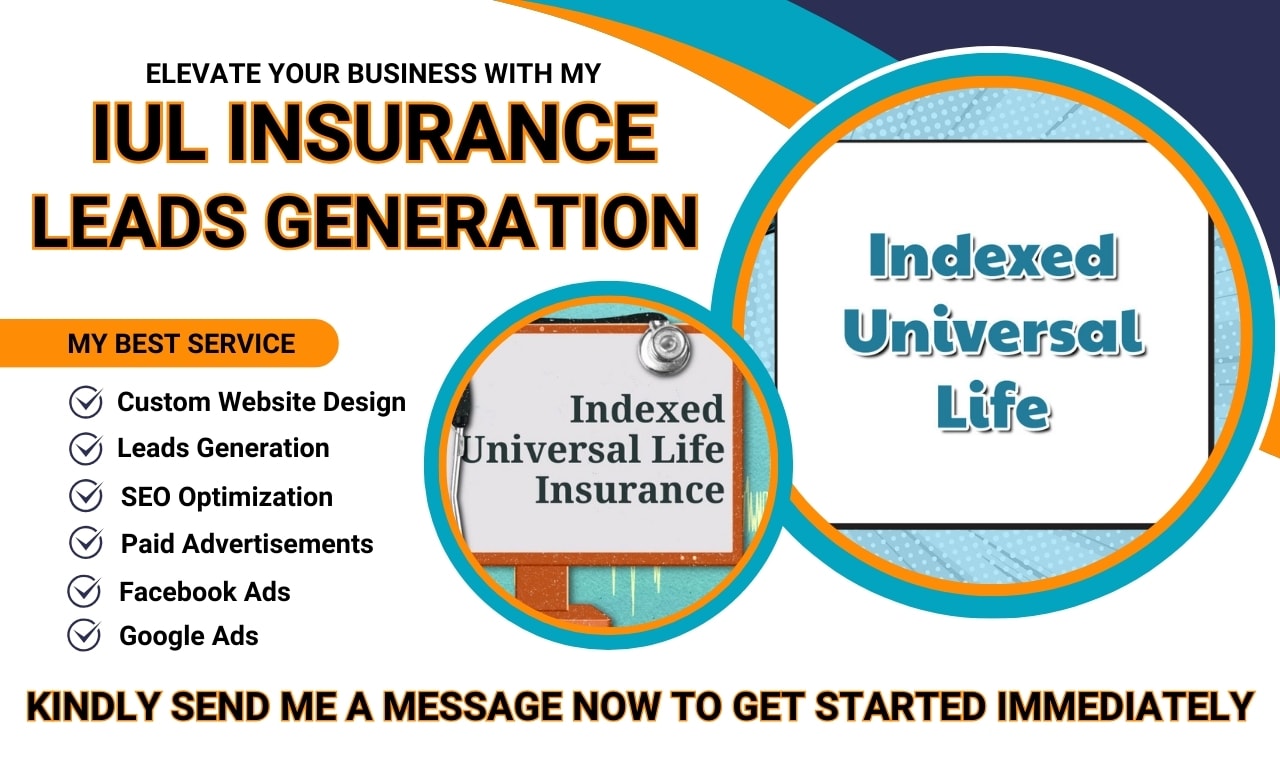All Categories
Featured
Table of Contents
In exchange for gaining a restricted amount of the index's growth, the IUL will never get much less than 0 percent rate of interest. Even if the S&P 500 declines 20 percent from one year to the next, your IUL will not shed any type of cash money value as an outcome of the marketplace's losses.

Speak about having your cake and eating it too! Think of the rate of interest compounding on an item with that said kind of power. So, offered all of this info, isn't it imaginable that indexed universal life is an item that would certainly enable Americans to buy term and spend the rest? It would be tough to refute the logic, would not it? Currently, don't obtain me incorrect.
A true investment is a securities item that is subject to market losses. You are never ever subject to market losses with IUL merely because you are never based on market gains either. With IUL, you are not invested in the marketplace, however just making interest based upon the efficiency of the market.
Returns can grow as long as you continue to make settlements or preserve a balance.
Universal Life Insurance Calculator Cash Value
Unlike universal life insurance policy, indexed universal life insurance coverage's cash worth gains passion based on the efficiency of indexed stock markets and bonds, such as S&P and Nasdaq., mentions an indexed global life plan is like an indexed annuity that really feels like universal life.

Universal life insurance policy was created in the 1980s when rate of interest prices were high. Like other types of long-term life insurance coverage, this policy has a cash worth.
Indexed universal life plans offer a minimal surefire rate of interest price, also understood as a rate of interest attributing flooring, which reduces market losses. State your cash worth loses 8%. Many business provide a flooring of 0%, meaning you will not shed 8% of your investment in this instance (term life insurance vs universal). Be conscious that your money worth can decline despite a flooring due to costs and various other expenses.
Maximum Funded Insurance
It's also best for those going to presume additional danger for higher returns. A IUL is an irreversible life insurance plan that obtains from the homes of a global life insurance policy policy. Like global life, it allows adaptability in your survivor benefit and premium settlements. Unlike global life, your money value grows based upon the performance of market indexes such as the S&P 500 or Nasdaq.
Her job has been released in AARP, CNN Underscored, Forbes, Fortune, PolicyGenius, and U.S. News & World Report. ExperienceAlani has actually examined life insurance and animal insurer and has composed countless explainers on travel insurance coverage, debt, financial obligation, and home insurance coverage. She is passionate regarding demystifying the intricacies of insurance and various other individual financing topics to ensure that visitors have the details they require to make the very best cash decisions.

Paying just the Age 90 No-Lapse Premiums will guarantee the death benefit to the insured's acquired age 90 however will not assure money value build-up. If your customer discontinues paying the no-lapse guarantee premiums, the no-lapse attribute will end before the guaranteed duration. If this takes place, added costs in a quantity equal to the shortfall can be paid to bring the no-lapse feature back effective.
I just recently had a life insurance policy salesman appear in the comments string of a blog post I released years ago about not mixing insurance policy and investing. He believed Indexed Universal Life Insurance Coverage (IUL) was the very best point considering that cut bread. In support of his placement, he uploaded a web link to a post created in 2012 by Insurance Coverage Agent Allen Koreis in 2012, qualified "16 Factors Why Accountants Prefer Indexed Universal Life Insurance Policy" [web link no longer available]
Is An Iul A Good Investment
First a quick description of Indexed Universal Life Insurance. The destination of IUL is obvious. The premise is that you (practically) get the returns of the equity market, without any kind of risk of shedding money. Now, before you diminish your chair poking fun at the absurdity of that statement, you require to realize they make a really persuading debate, at least till you check out the details and recognize you do not get anywhere near the returns of the equity market, and you're paying much also much for the assurances you're getting.

If the marketplace goes down, you get the ensured return, typically something in between 0 and 3%. Certainly, considering that it's an insurance coverage, there are additionally the typical prices of insurance, compensations, and abandonment fees to pay. The information, and the factors that returns are so dreadful when blending insurance and investing in this particular method, come down to basically three points: They only pay you for the return of the index, and not the dividends.
Iul Annuity
Your maximum return is capped. So if you cap is 10%, and the return of the S&P 500 index fund is 30% (like in 2015), you get 10%, not 30%. Some plans just provide a specific percentage of the adjustment in the index, claim 80%. So if the Index Fund rises 12%, and 2% of that is dividends, the modification in the index is 10%.
Include all these impacts with each other, and you'll discover that long-term returns on index global life are rather darn near to those for whole life insurance policy, favorable, however low. Yes, these plans guarantee that the cash money value (not the money that mosts likely to the costs of insurance policy, certainly) will certainly not shed money, but there is no warranty it will stay on top of rising cost of living, a lot less expand at the price you need it to expand at in order to attend to your retired life.
Koreis's 16 reasons: An indexed universal life plan account value can never ever lose money because of a down market. Indexed universal life insurance guarantees your account worth, securing in gains from each year, called a yearly reset. That holds true, yet just in nominal returns. Ask yourself what you need to pay in order to have an assurance of no nominal losses.
In investing, you get paid to take danger. If you don't intend to take much threat, do not expect high returns. IUL account values grow tax-deferred like a certified strategy (individual retirement account and 401(k)); common funds don't unless they are held within a qualified plan. Put simply, this suggests that your account value gain from three-way compounding: You make interest on your principal, you earn rate of interest on your rate of interest and you make rate of interest on the cash you would certainly otherwise have actually paid in taxes on the passion.
Indexed Life Policy
Although qualified strategies are a much better selection than non-qualified plans, they still have concerns absent with an IUL. Financial investment selections are usually restricted to shared funds where your account worth is subjected to wild volatility from exposure to market risk. There is a huge difference between a tax-deferred retired life account and an IUL, but Mr.
You purchase one with pre-tax dollars, reducing this year's tax costs at your limited tax price (and will commonly be able to withdraw your cash at a lower effective rate later) while you buy the other with after-tax dollars and will be required to pay interest to borrow your very own money if you don't wish to surrender the policy.
Then he includes the timeless IUL sales person scare tactic of "wild volatility." If you dislike volatility, there are far better means to reduce it than by acquiring an IUL, like diversity, bonds or low-beta supplies. There are no restrictions on the amount that might be added annually to an IUL.

That's reassuring. Allow's consider this momentarily. Why would certainly the government placed restrictions on exactly how much you can put right into retirement accounts? Perhaps, simply perhaps, it's because they're such a lot that the government does not desire you to save way too much on tax obligations. Nah, that could not be it.
Latest Posts
7702 Iul
Universal Life Guaranteed Death Benefit
Transamerica Index Universal Life Insurance